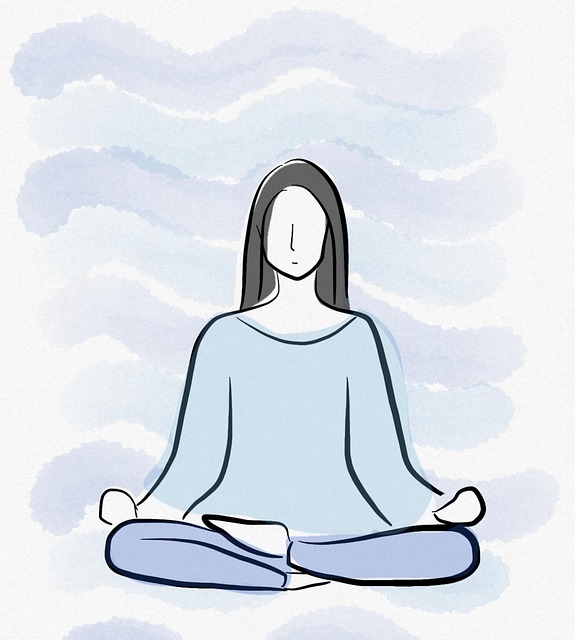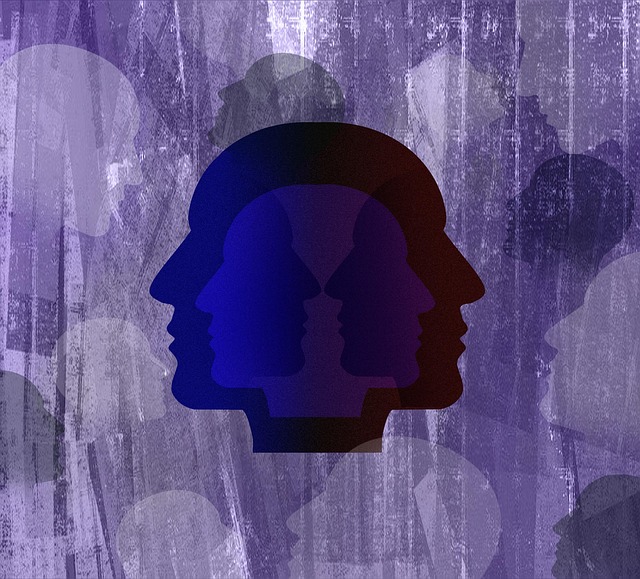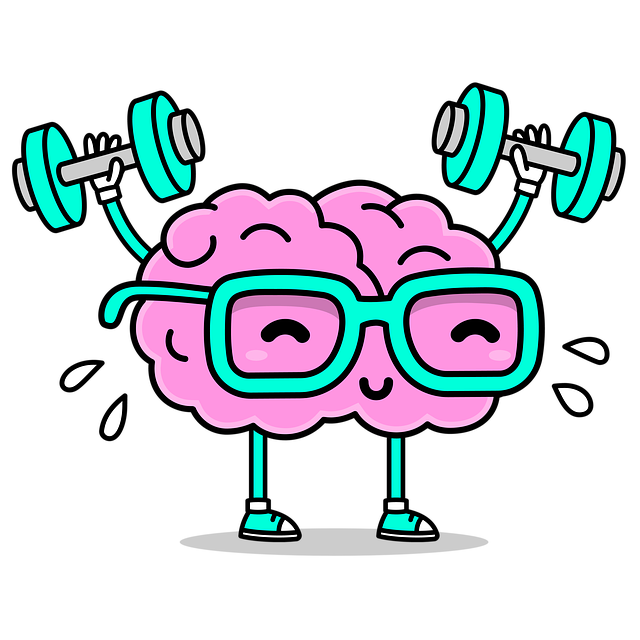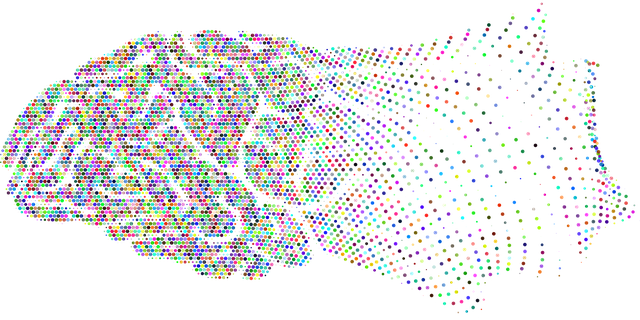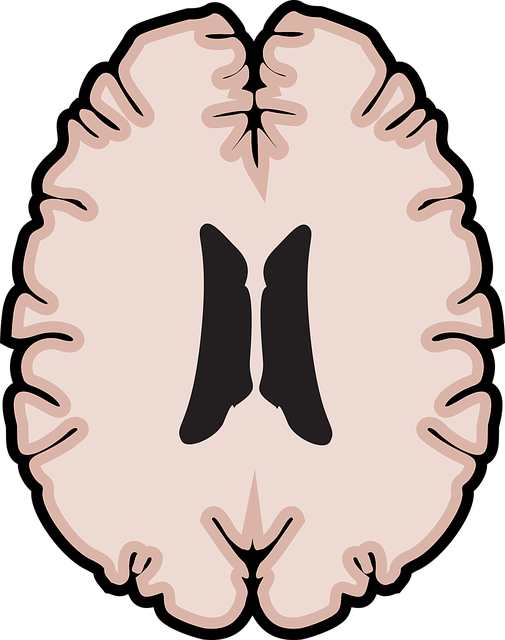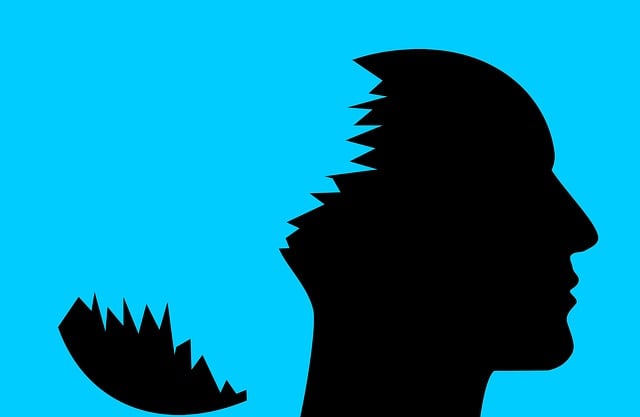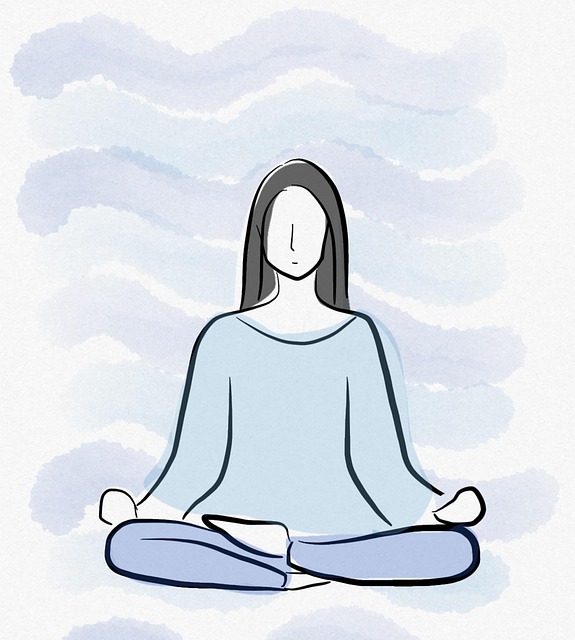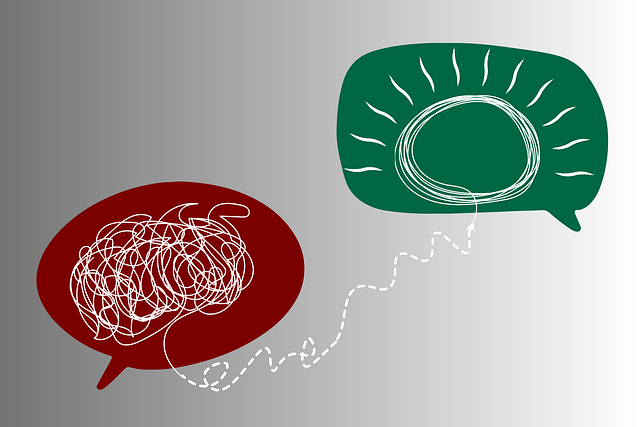Panic disorder and anxiety attacks significantly impact older adults' daily lives, but effective management is possible through tailored therapy, such as Cognitive Behavioral Therapy (CBT) and mindfulness techniques. CBT targets negative thought patterns, while mindfulness practices like deep breathing and meditation enhance mental wellness, reduce stress, and improve emotional resilience in seniors. Additionally, lifestyle changes and social engagement are crucial for holistically addressing anxiety in elders, with support from healthcare providers being vital to prevent burnout. For optimal care, consider comprehensive strategies that combine therapy, education, and community outreach tailored to the unique needs of older adults experiencing these disorders.
Stress reduction is a vital aspect of maintaining mental well-being, especially among elders. This article explores effective methods to combat common issues like panic disorder and anxiety attacks, offering a comprehensive guide tailored for older adults. We delve into evidence-based practices such as Cognitive Behavioral Therapy (CBT), highlighting its power in managing stress. Additionally, we introduce mindfulness techniques and lifestyle adjustments designed to enhance mental resilience. By implementing these strategies, elders can navigate life’s challenges with greater ease.
- Understanding Panic Disorder and Anxiety Attacks in Elders
- Cognitive Behavioral Therapy (CBT): A Powerful Tool for Stress Reduction
- Mindfulness and Relaxation Techniques for Daily Practice
- Lifestyle Changes to Enhance Mental Well-being for Elders
Understanding Panic Disorder and Anxiety Attacks in Elders

Panic disorder and anxiety attacks are common issues among elders, affecting their daily lives and overall well-being. Recognizing and understanding these conditions is a crucial step in helping seniors manage their symptoms effectively. Elders experiencing panic disorder often suffer from recurrent and unexpected panic attacks, characterized by intense fear or discomfort accompanied by physical symptoms like rapid heartbeat, sweating, and shortness of breath. These attacks can significantly impact an elder’s quality of life, leading to avoidance behaviors and social isolation.
Therapy for elders with panic disorder and anxiety attacks involves various stress reduction methods tailored to their unique needs. Cognitive-behavioral therapy (CBT) is a popular approach that helps individuals identify and change negative thought patterns contributing to anxiety. Social skills training can also be beneficial, fostering connections and reducing feelings of loneliness. Community outreach program implementation plays a vital role in providing support networks and education, enabling elders to navigate their conditions with increased confidence. These comprehensive strategies not only alleviate symptoms but also enhance the overall mental health and resilience of seniors.
Cognitive Behavioral Therapy (CBT): A Powerful Tool for Stress Reduction

Cognitive Behavioral Therapy (CBT) is a highly effective and evidence-based approach for managing stress, especially in cases of panic disorder and anxiety attacks. This therapy focuses on identifying and changing negative thought patterns that contribute to distressing emotions and behaviors. By learning to challenge and reframe these thoughts, individuals can gain greater control over their reactions to stressful situations. CBT empowers elders to develop coping strategies tailored to their unique needs and experiences.
The process involves helping clients recognize unhelpful cognitive distortions and replacing them with more realistic and positive ones. It also incorporates techniques such as mindfulness meditation and inner strength development, which promote relaxation and emotional resilience. Through structured sessions, individuals can navigate the roots of their anxiety, gain valuable mental health education, and design personalized strategies to combat stress effectively.
Mindfulness and Relaxation Techniques for Daily Practice

Mindfulness and relaxation techniques have emerged as powerful tools for managing stress, especially in today’s fast-paced world. For elders dealing with panic disorder and anxiety attacks, incorporating these practices into their daily routines can be a game-changer. Simple yet effective methods like deep breathing exercises, progressive muscle relaxation, and mindfulness meditation help calm the mind and body. These techniques are not just beneficial for those with specific mental health conditions; they enhance overall mental wellness, promoting peace and balance in daily life.
Regular practice of these mindfulness strategies can significantly reduce stress levels, improve focus, and boost emotional resilience. The Mental Wellness Podcast Series Production has played a pivotal role in popularizing these ideas, offering accessible resources and guidance for all ages. By integrating such techniques into their lives, elders can better navigate the challenges of modern living, ensuring improved mental health and quality of life—a crucial aspect often overlooked in mental health policy analysis and advocacy.
Lifestyle Changes to Enhance Mental Well-being for Elders

For elders looking to reduce stress and enhance their mental well-being, lifestyle changes can be a powerful tool. Adopting a balanced diet rich in fruits, vegetables, and whole grains can significantly improve overall health and resilience against stress. Regular physical activity tailored to individual abilities, such as gentle walking or yoga, has been shown to reduce anxiety and depression while promoting better sleep quality. Engaging in hobbies, connecting with loved ones, and participating in community activities can foster a sense of belonging and purpose, all crucial elements for maintaining mental fortitude.
Additionally, incorporating mindfulness practices like meditation and deep breathing exercises into daily routines can effectively manage panic disorder and anxiety attacks. These techniques teach individuals to stay present, reducing the impact of stressful thoughts. Conflict resolution strategies, often used in therapy for elders with panic disorder, can help navigate challenging interpersonal situations without exacerbating anxiety. Similarly, healthcare providers can benefit from burnout prevention strategies, ensuring they prioritize self-care to maintain their well-being and avoid the risk of developing symptoms similar to those experienced by elders struggling with anxiety.
In conclusion, addressing stress reduction in elders is paramount, especially considering the prevalence of panic disorder and anxiety attacks. Combining evidence-based practices such as Cognitive Behavioral Therapy (CBT) with mindfulness techniques and lifestyle changes offers a comprehensive approach to managing these conditions. By adopting these strategies, elders can improve their mental well-being and enhance their overall quality of life. For those experiencing panic disorder and anxiety attacks, seeking professional help through tailored therapy is a significant step towards finding lasting peace and tranquility.
